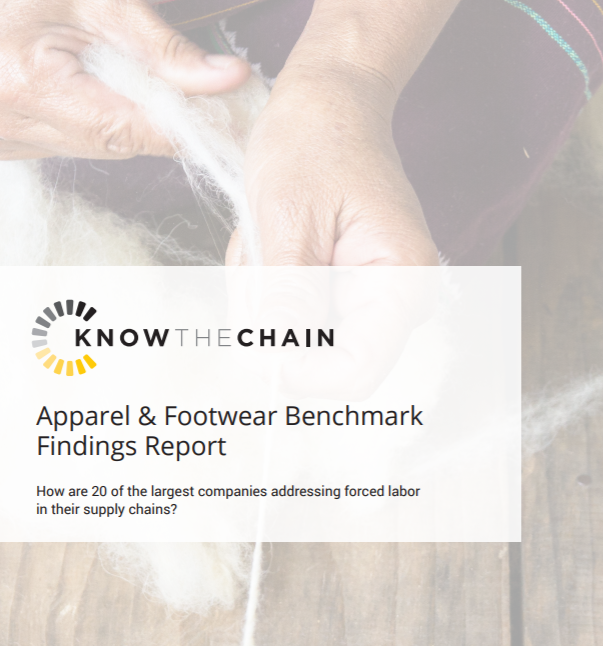Evaluation of H&M Compliance with Safety Action Plans for Strategic Suppliers in Bangladesh
PublicationsThe following report evaluates and analyzes publicly available information regarding the level of progress H&M has achieved in addressing safety hazards in its factories in Bangladesh. The data is derived from factory inspection reports and Corr...Read More

